AI Solutions for Insurance Marketing
The insurance industry is transforming and entering a revolution by the effects of artificial intelligence (AI) on it. This marketing efficiency and improvement in experience delivery, as well as profit generation, all include AI solutions for insurance marketing. Increased demand for personalized services and data-driven decision-making has now made AI solutions for insurance marketing an absolute necessity. Such tools make it possible to analyze large data volumes, characterize and interpret customer behavior and patterns, and optimize their individual strategies.
This article explores how AI will reshape insurance marketing, the major benefits it offers, its challenges, and how to deploy effective AI solutions. The cold, hard reality is that advertising campaigns will be much more effective when combining the knowledge of what AI can and can’t do for insurance into the marketing mix.
The Role of AI in Insurance Marketing
Artificial Intelligence is no longer a word for slogans in the insurance market but has become a game changer. Some of the key areas where AI imparts influence are described.
1. Customer Segmentation
By utilizing AI, insurance companies can divide their customers perfectly into segments. With the help of contributing machine learning algorithms, it uses behavior specifics, purchasing paradigms, and demographics to classify such customers. This further results in mobilization for some hyper-targeted campaigns.
2. Personalization
AI solutions for insurance marketing facilitate personalized communication. Chatbots and recommendation engines provide customized interactive content and product suggestions to boost users’ participation.
3. Predictive Analytics
AI-based applications judge the behavior of clients in terms of their purchases of the policy or intention of renewing it. Predictive analytics has made it possible for marketers to direct their attention to important high-lead opportunities.
4. Fraud Identification
AI identifies anomalies in claims and transactions, reducing the risk of fraudulent activities. While this primarily supports operations, it also builds trust with customers, enhancing the brand’s reputation.
5. Dynamic Pricing
AI-powered pricing models use real-time data to modify rates. AI, for example, can evaluate driving patterns to provide customized auto insurance quotes, increasing competition and client focus.
AI’s advantages for insurance marketing
There are several advantages of using AI in insurance marketing.
1. Enhanced Efficiency
Tasks that repeat, such as entering data into personal computers or sending out an email campaign have become automated through artificial intelligence. This means that marketing teams can now dedicate more time to think strategically.
2. Better Experience for Customers
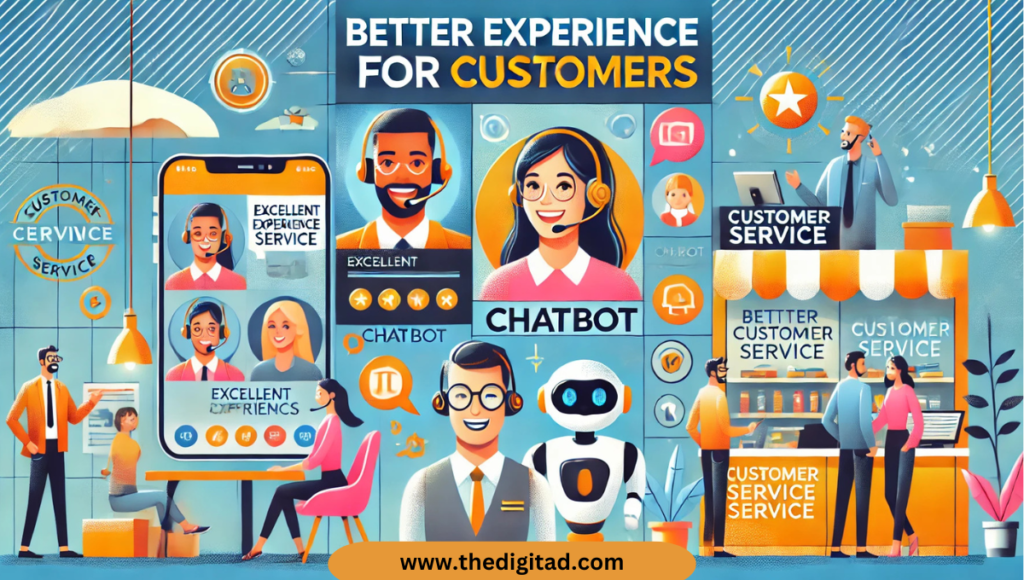
Chatbots and other AI-powered solutions offer 24/7 customer service guaranteeing prompt answers to questions. This increases client loyalty and happiness.
3. Data Informed Perspectives
AI processes vast datasets quickly, offering actionable insights. Thus, these insights made it possible for insurers to make well-informed decisions as well as reshape their marketing strategies.
4. Cost Reduction
By automating processes and optimizing campaigns, AI reduces operational costs. Insurers can achieve better results with fewer resources.
5. Competitive Advantage
With AI-powered insurance marketing solutions, businesses stay ahead of their competition. Insurers can revolutionize their product offering and services to become a big hit with tech savvy customers because of the reliance on AI.
Challenges of Implementing AI in Insurance Marketing
Despite its many benefits, AI adoption is not without difficulties.
Privacy Issues with Data
It takes strong data protection procedures to handle sensitive consumer information. Insurance companies are required to make sure that laws like GDPR and HIPAA are followed.
2. High Implementation Costs
An AI system can prove to cost quite expensive in terms of implementation and maintenance on it. Smaller insurers may struggle to invest in advanced AI tools.
3. Resistance to Change
Because they lack the necessary technical skills or fear losing their jobs, employees may be reluctant to embrace AI-driven procedures.
4. Moral Concerns
Biases in historical data may be inadvertently reinforced by AI systems. Fairness in decision making must be guaranteed by insurers.
5. Integration with Current Frameworks
AI integration with outdated systems might be difficult. There is integration, effort and considerable costs involved in completing the process.
How to Implement AI Solutions for Insurance Marketing
The adoption of AI solutions is sure going to take a thorough planning and execution. The following are some steps for successful implementation.
Define Objectives
Sketched out clearly are the aspirations that you are willing to accomplish through AI. Whether it’s improving customer retention or increasing policy sales, having a defined objective helps in selecting the right tools.
Choose the Right Technology
Choose the right AI platforms for your business needs. Cross-check dimensions like scalability ease of use and integration capabilities with it.
Train Your Team
Provide training to employees to ensure they can effectively use AI tools. Address concerns about job security and emphasize AI as a tool to enhance productivity.
Focus on Data Quality
Real high-quality data is the major input source for training AI. Ensure the datasets are correct, current, and free of biases.
Monitor and Optimize
Regularly evaluate the performance of AI tools. Adjust and improve the return on investment using feedback.
Key Applications of AI in Insurance Marketing
AI applications in insurance marketing are diverse. Here are some examples.
| Application | Description |
| Chatbots | Instantly generate customer support and client leads. |
| Recommendation Engines | Make policy recommendations based on past performance and client preferences. |
| Sentiment Analysis | Examine consumer comments to enhance goods and services. |
| Social Media Monitoring | Keep tabs on brand mentions and interact with prospective clients on social media. |
| Email Campaign Optimization | For optimum effect, use AI to customize timing, content, and subject lines. |
The Future of AI in Insurance Marketing
AI in insurance marketing appears to have a bright future. AI will become more advanced and widely available as technology advances. Observe the following patterns.
Hyper Personalization
AI will facilitate insurers in developing immensely personalized marketing positioning aspects of their operations concerning individual personalities in real-time.
Enhanced Customer Insights
Notwithstanding that, when it happens, advanced analytics would lead to breaking new grounds within customers’ behavioral insights for both preemptive and predictive marketing.
Increased Automation
With the advent of artificial intelligence, automated complex processes would have underwriting and claims and would relieve resources for innovative marketing.
Ethical AI
As the issues regarding bias and fairness become very sensitive, so the insurers will adopt ethical artificial intelligence practices so that they can win their customers’ trust.
Conclusion
By facilitating more intelligent and effective techniques, AI solutions for insurance marketing are revolutionizing the sector. AI enables insurers to satisfy contemporary customer demands while maintaining their competitiveness through predictive analytics and customer segmentation. However, obstacles including high prices and data privacy issues must be overcome for implementation to be successful.
Insurance companies that use AI will benefit greatly as the technology develops. They may develop powerful marketing campaigns that boost consumer satisfaction and growth by emphasizing automation, personalization, and data-driven insights. AI will surely play a significant role in insurance marketing in the future, therefore investing in it is crucial for progressive businesses.
FAQs
1. How is insurance marketing enhanced by AI?
By facilitating accurate client segmentation, predictive analytics, and tailored communication, artificial intelligence (AI) improves insurance marketing. It increases productivity, automates tedious jobs, and offers useful insights.
2. What obstacles exist for applying AI to insurance marketing?
Concerns about data privacy, high implementation costs, change aversion, moral dilemmas, and challenges integrating AI with legacy systems are some of the obstacles.
3. Can small insurance companies afford AI solutions?
Although implementing AI can be expensive, smaller businesses can find scalable solutions. AI can be made accessible through collaborations with digital companies and cloud-based AI applications.
4. What future holds for insurance marketing AI?
The future will see hyper-personalization of customers as well as deeper consumer insights via the incorporation of IoT into insurance marketing, an extensive spectrum of automation, and the ethical practice of AI. These are the elements that form the basis of innovation as well as efficiency.
Read more Articles about AI & ML and other categories at thedigitad.com


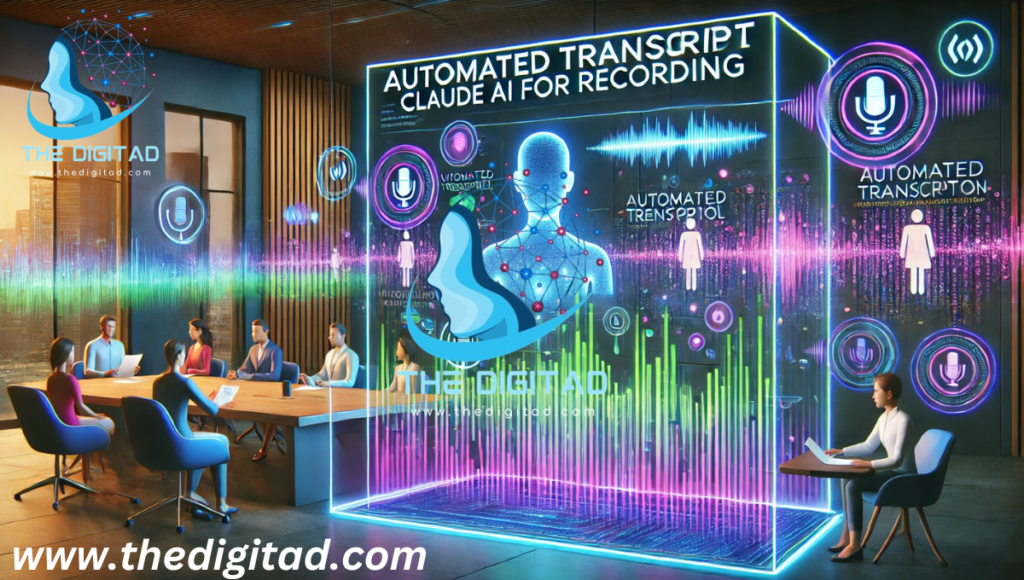

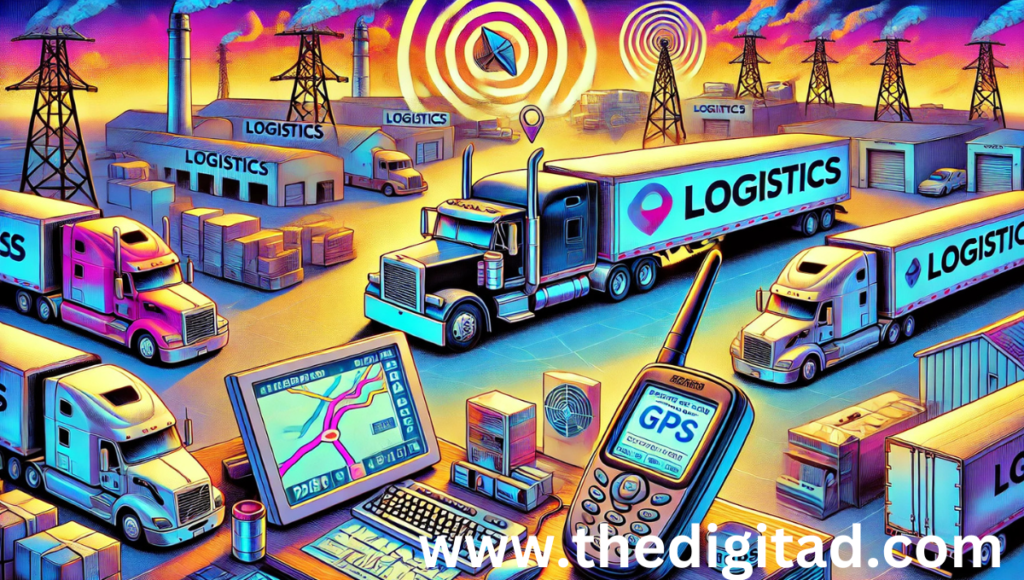
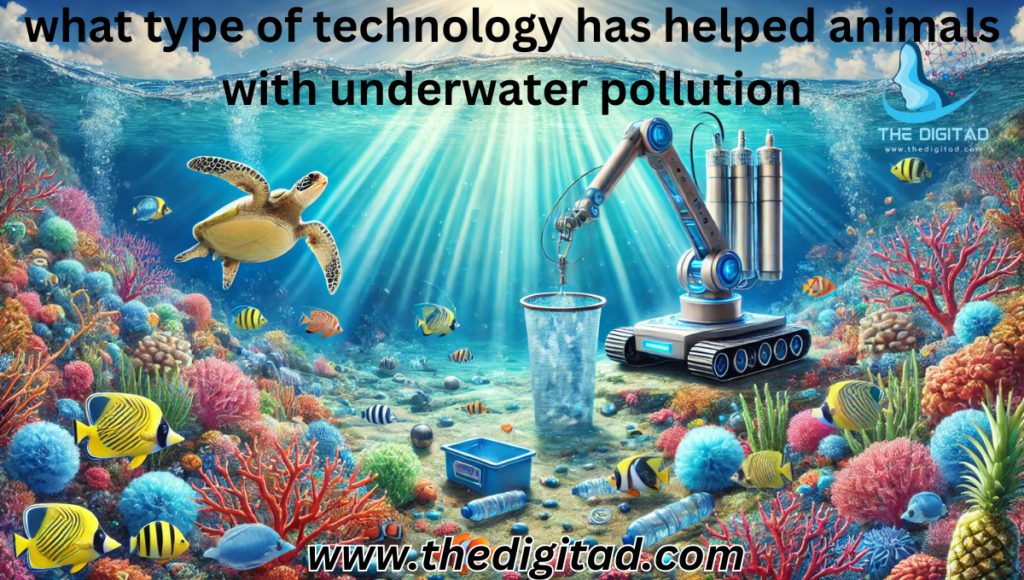



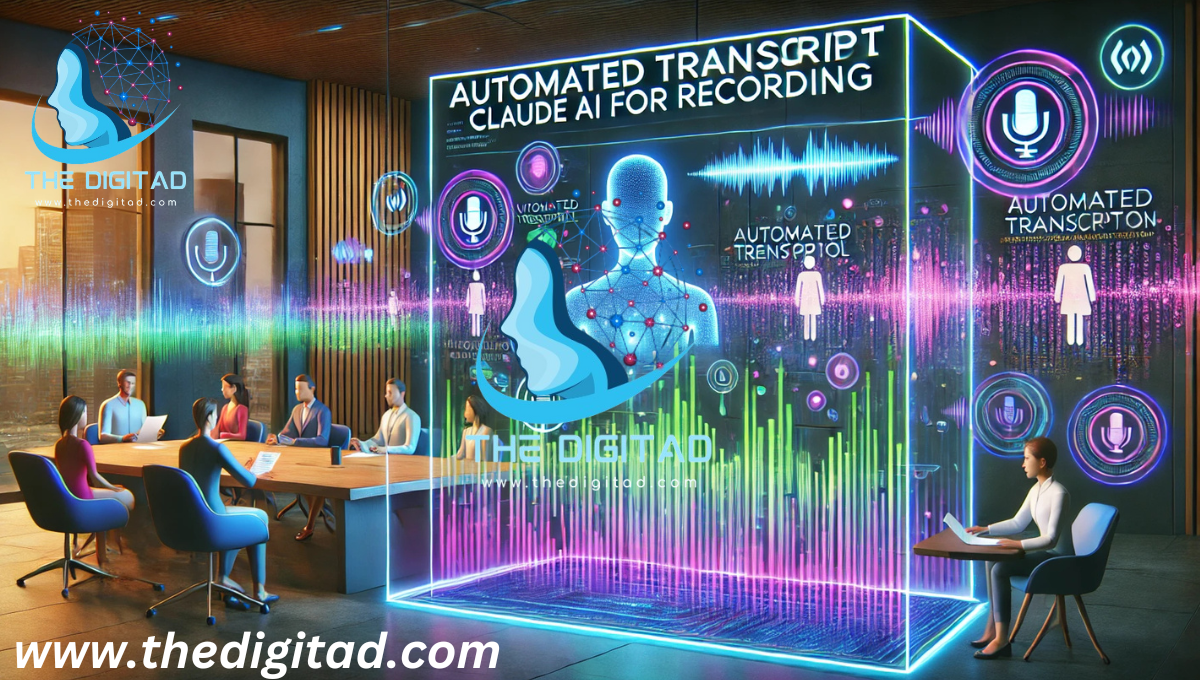
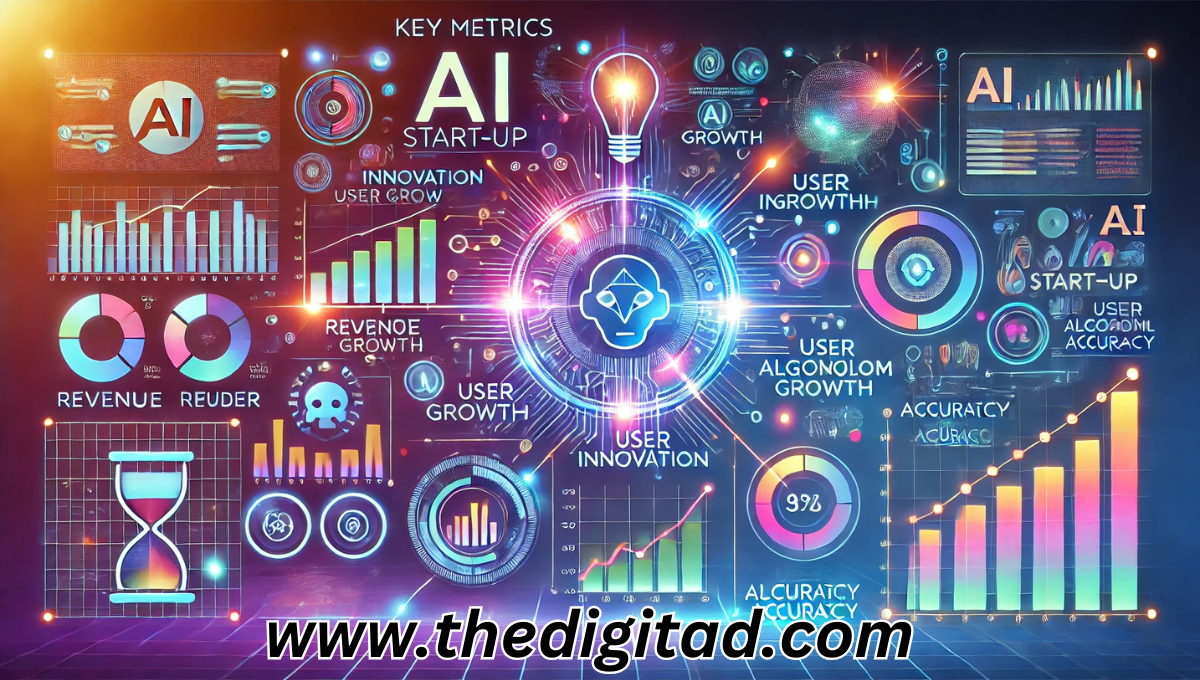
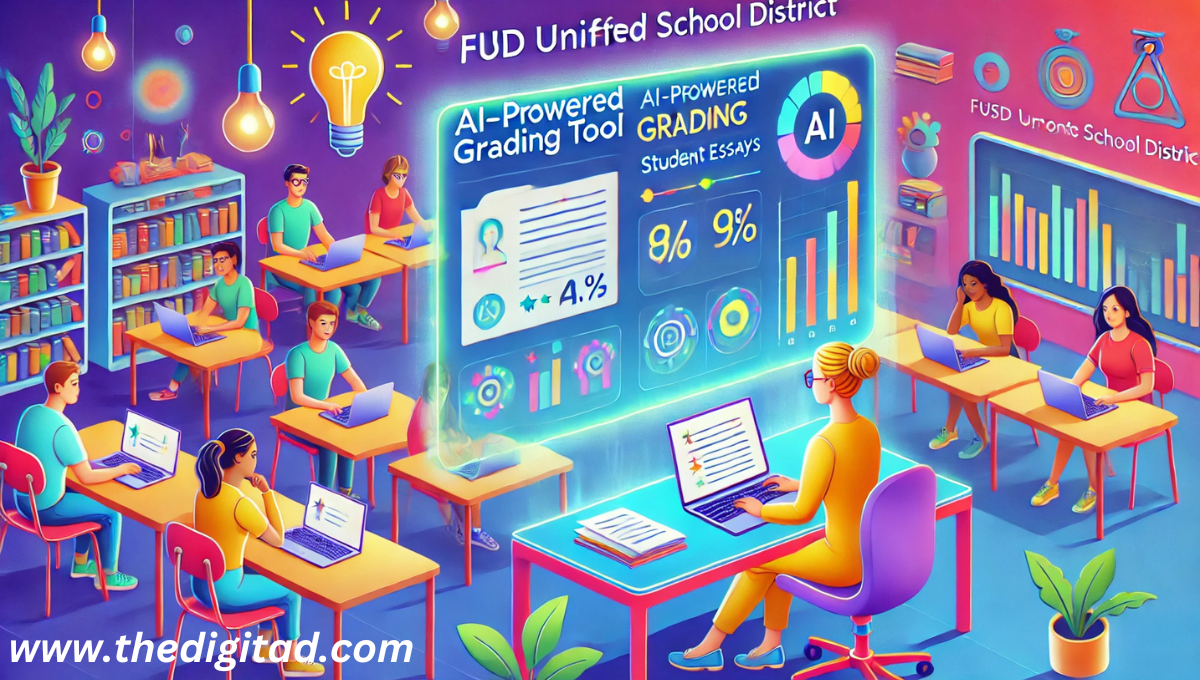

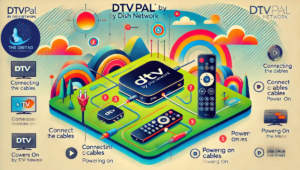
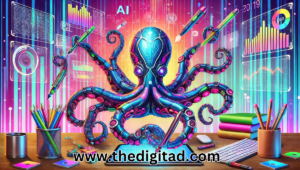




Post Comment